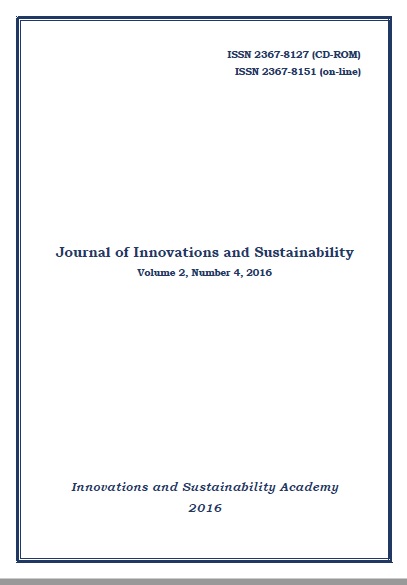Incommensurate environmental risks and the regulator’s dilemma in the governance of emergency situation
Incommensurate environmental risks and the regulator’s dilemma in the governance of emergency situation
Author(s): Vesela Radović, Vuk RadovićSubject(s): Social Sciences, Economy, Energy and Environmental Studies, Socio-Economic Research
Published by: Сдружение „Академия за иновации и устойчивост“
Keywords: environmental risk; environmental emergency; emergency situation; governance
Summary/Abstract: In the 21st century humans face with the great risk how to protect themselves from disasters of different kinds. Emergencies happened in many countries and caused a great suffering of humans. The main question of stakeholders is: ‘’how to protect human health and environment in an adequate way’’. Emergency management is an issue which is included in numerous education institutions all over the globe and the action of various national and international organizations. Therefore it is interesting that in the process of fostering emergency management many countries neglect the need of creating more effective tools for response, preparedness and recovery in environmental emergencies. The paper is based on analyzes of Serbian approach in the governance of emergency situation followed by incommensurate environmental risks. Serbia had to accept International environmental emergency help after the floods in 2014. The Joint United Nations Environment Programme (UNEP) / Office for the Coordination of Humanitarian Affairs (OCHA) Environment Unit (JEU) helped Serbia to mitigate consequences of horrified environmental emergency in “Stolice” mine near city Krupanj. This assistance was needed because Serbia did not have enough capacity to struggle with the consequences of breaking the dam and contamination of soil and rivers. This study shows that a similar disaster in the future could be solved only by strengthening multilateral response of different actors at local and national level. After all, Serbia is at the beginning of the path, and need to highlight strategic challenges in the governance of emergency situation followed by environmental emergencies. Only with full implementation of positive practice of the international community Serbia could avoid long term impact on life support functions, nature and humans.
Journal: Journal of Innovations and Sustainability
- Issue Year: 2/2016
- Issue No: 4
- Page Range: 37-52
- Page Count: 16
- Language: English

